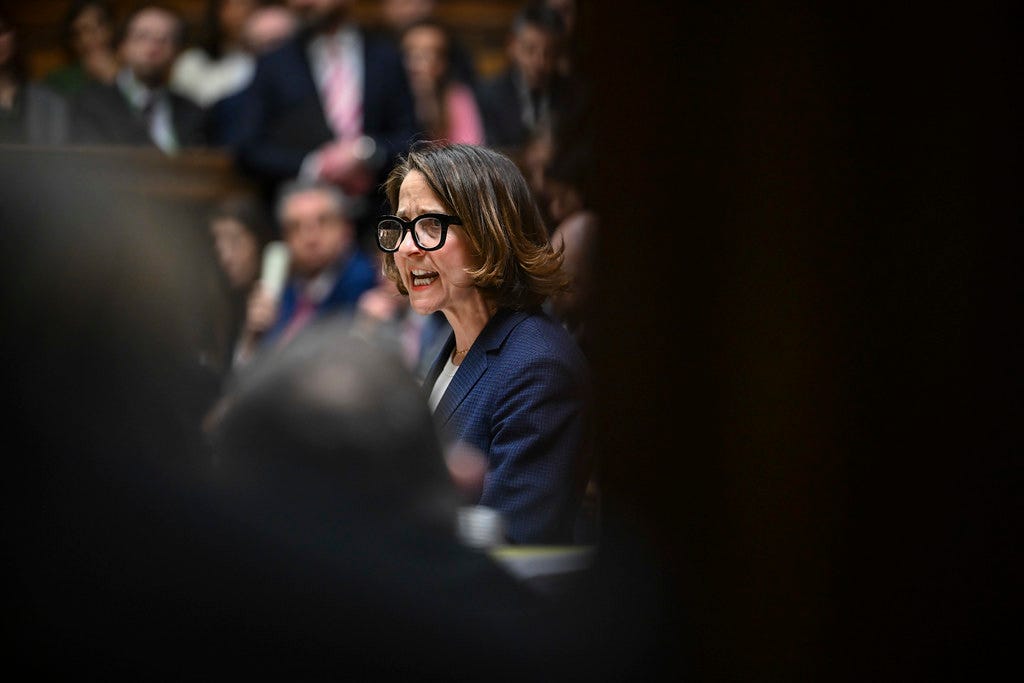Demonising disabled people is not a moral duty
As the government unveils its benefit reforms, including tightening who receives the PIP (Personal Independent Payment), disabled journalist Charli Clement says there will be unintended consequences

No matter how many times the word ‘work’ was said in Liz Kendall’s Tuesday speech, the reality of disabled people does not, and cannot, simply centre on employment. Slashing benefits does nothing to change that.
Under the rule of the Conservatives, I…





